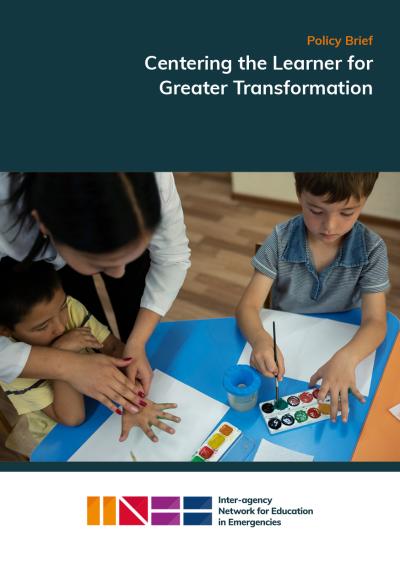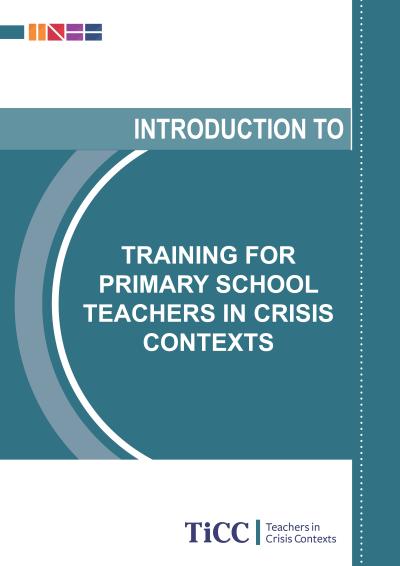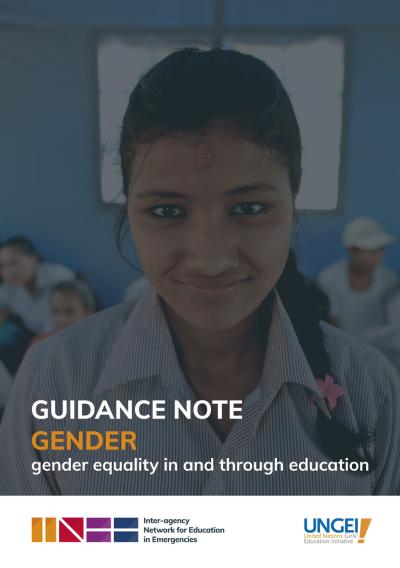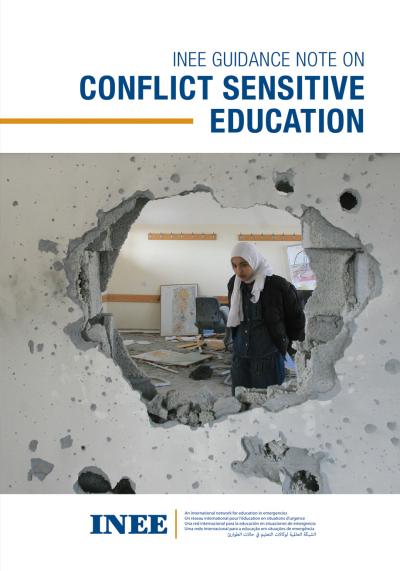ECDiE Programming Library
The Early Childhood Development in Emergencies (ECDiE) Programming Library is a compilation of resources to support local-level implementers, service providers, and humanitarian workers in the planning, design, implementation, and evaluation of quality, multi-sectoral, inclusive ECDiE interventions. More information on the library is available here.
147 Results found








